#marriage in fairytales
Explore tagged Tumblr posts
Text
The Yaga journal: A system of supernatural characters
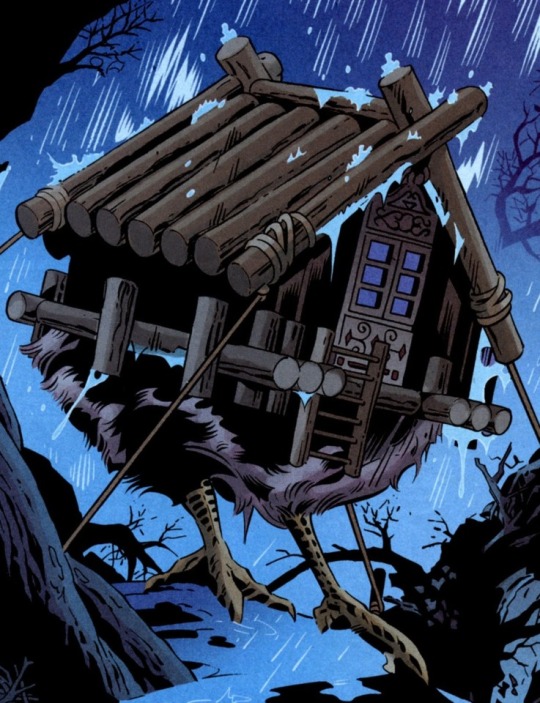
Baba-Yaga’s house, as depicted in Bill Willingham’s Fables
The second article of the journal is “The Baba Yaga and the other supernatural characters of the fairytale. Do they form a system?” by Lise Gruel-Apert.
The Baba Yaga, or the crone. The princess, or fair maiden. The dragon, snake or devil. These are a few of the several supernatural characters that the hero or heroine of the fairytale meets during their quest. Vladimir Propp heavily talked about them in his “Historical roots of the fairytale”. This article doesn’t want to study these characters from a psycho-analysis point of view, because Gruel-Apert considers that the psychoanalysis doesn’t include enough the economical and socio-cultural context of the fairytale. This article will try to study the baba Yaga in her context, in the socio-cultural environment of which she belongs.
However the writer mentions that such a reading can lead to many mistakes - because no matter how many interpretation and analysis one gives to a fairytale, it will stay blurry and unclear, for the fairytale itself is a foggy and unclear material. It is the realm of the “Once upon a time”, of the “In a certain kingdom, in a certain State”, where nothing is clarified. Ever since the 19th century, numerous fairytale interpretations were created, each following the different fashion of the time (first were the “moralizing” interpretations and the “Christianizing” interpretations, then came the “mythology” interpretations and the “meteorological” ones, then the “psychanalytic” ones, etc...). Gruel-Apert shares the opinion of a certain Luzel on this subject: that the mistake is that each searcher tried to stick only to one theory, reducing the fairytale to this exclusive theory. So the author of the article wishes to do an “inductive” rather than “deductive” study - that is to say, just like Propp, going from the text towards the formation of a theory (instead of taking a theory and applying it to the text).
As Propp repeatedly said, the fairytale relies on the separation between our world and the “other world, the other side”, and on the travel from one to another - and the supernatural characters of the fairytale belong to the “other world”. The baba Yaga is the most emblematic, fascinating, and yet mysterious of those supernatural figures.
I) The Baba Yaga
Should we say “Baba-Yaga” or “the baba Yaga”? Should there be an article? It is hard to tell since the Slavic languages do not have articles, so technically speaking both ways are correct. However the Russian term “baba” is not a first name, or a person’s name, it is actually a word meaning “the woman of the lower class, the female peasant”. As for the name “Yaga”, it might be a deformation of “snake” - so her name might mean the “Snake woman”. The baba Yaga has several “aspects” to her character.
1) The abductor baba Yaga. Appearing suddenly out of nowhere, she steals away a little boy to roast him. But tricked by the boy-hero, she rather eats her own daughter. She appears as a huntress, and moves around in her mortar - she waits until she can rush on her prey (a prey that “smells like a Russian”, that is to say is alive). She is a cannibal, and she is a character revealing a society that is based on hunting but also knows primitive agriculture (the use of the mortar). She appears in tales such as “Small-Thomas” or “Filiouchka” (tales number 78 and 80 of Afanassiev’s fairytales).
2) The warrior baba Yaga. In the tale “Small Piece” (tale number 76), tricked again by the hero, the baba Yaga kills her forty-one daughters instead of the forty-one brother-protagonists (including Small Piece/Small Bit). Near a lake, the baba Yaga fights them: she is as an Amazon, riding on a horse, with a fire-projecting shield. There is a clear divide between girls and boys. In the fairytale “Ivachko-Bear-cub” (tale number 105-106) she fights the companions of the hero, and cuts from each of them a strip of skin on the back. The hero inverts the situation by cutting three skin-strips from the back of the baba Yaga. The baba Yaga escape him, and returns under the ground, where she lives with her daughter - but the adult daughter betrays her mother to go away with Ivachko-Bear-cub. There is a divide baba Yaga/hero, but also daughter/mother.
3) The donor baba Yaga. The hero of the story reaches a small isba in the forest, undergoes there trials, and receives gifts allowing them to cross from one realm to another and fulfill their goal (the quest of the desired person). According to Propp, the little isba marks the frontier between the two worlds.
4) The baba Yaga guardian of the realm of the dead. According to Propp’s analysis, the small isba is equivalent to a coffin: the Baba Yaga fills it from one corner to another, she is lying down on her stove with her nose touching the ceiling. She has a leg of bone, and she hates the smell of living things. Propp interprets the stay in the small isba as a remnant of the initiation rite of primitive societies, which caused a “temporary death”. For him, the baba Yaga is a caricature of the ritual’s leader.
5) The baba Yaga (or the Crone) mistress of the forest and of the wild animals. In “The Beauty of all Beauties”, tale number 119, she is said to rule over all the animals of the world - the beasts of the forest, the fishes, and the bird. In the sylvan world, the woman/mother/crone is the ruler.
6) Baba Yaga as a sexual or familial character. The author rejects the analysis of Propp that claims “While she is mother and mistress of all animals, she doesn’t have human children”. She points out that, while it is true she doesn’t have a husband or a son, she has daughters (sometimes one, other times three, sometimes many more). As for her sexual attributes, fairytales insist a lot on her breasts, instead of her genitalia. She is said to have her “teats tied to a hook” in one story, which proves that it is rather the maternity of the baba Yaga that is interesting, rather than her sexuality proper.
7) The soldar side of the baba Yaga. In two famous stories (Vassilissa the Beautiful, number 75, and Maria Marievna, tale 121) she commands the celestial phenomenon, but this aspect is quite limited in tales.
In conclusion: if the Baba Yaga was perceived as the leader of an initiation rite, as a great goddess with multiple attributes - but she is before all a spirit tied to the forest and the hunt. She has daughters rather than sons, and her behavior changes depending on genders: she defends girls but attacks boys, there is a clear “maternal clan” at work. Like many spirits of nature, she is benevolent and malevolent at the same time, which manifests in the trial she imposes to the hero. For Propp, her ugly appearance and old age were meant to say that she belonged to a “dead and outdated religion” - she is an “archaic character”.
II) The princess
The character of the princess also corresponds to the various names of: The Maiden-Tsar/the King-Girl ; the frog princess ; the daughter of the baba Yaga ; Vassilissa the Magical ; the Beautiful Daughter.
She is of a beauty that is hard to describe - her beauty is equivalent to the one of the sun, as she is tied to the day and to gold. The princess is also tied to the water of springs - in “The Water of Youth and the Beautiful Girl”, tale 135, the water of youth and life appears out of her hands and feet. There are three different “subtypes” to her. First subtype: she is the beautiful girl ravished away, but strangely in the other world she is found as a ruler and not as a prisoner, the captured prey becomes the one giving orders. This contradiction hasn’t been studied enough for the writer of the article. Second subtype: she is the Girl-King, an Amazon character with an immense strength and leading a group of female warriors. When the hero finds her sleeping, her breath is “like the one of the oak tree’s leaf” (Water of Youth and the Beautiful Girl), and in one version of the story collected by Khoudiakov “apple-trees grow from her arm-pits”. She symbolies the sleeping earth. Third subtype: Vassilissa the Magic One, the frog-princess, they are the creators of a civilized nature, they invent agriculture, they invent marriage, they are cultural heros.
III) The snake or the adversary
The snake is the main form taken by the “Adversary”. But he appears under different names: the she-snake, the dragon or she-dragon, Tchoudo-Youdo, the devil, the Hurricane, Kactcheï the Immortal.
The word meaning snake in the Slavic languages is “zmeja”, a word coming from “zemlja”, the earth - the snake is the animal that comes out of the earth. In Slavic legends, the snake has positive sides: he has the power to heal, he owns riches, he guards the hearth. In some fairytales he is even the magical helper (Helena the Wizardess, tale number 182).
However, most of the time, the dragon wishes to live with a maiden or a woman that was ravished (Roll-little-pea, tale 96-98) or to devour her (The Apple of Youth and the Kingdom below, tale 133). The dragon will also try to eat the hero (The Dragon and the Gypsy, tale 111, The two Ivan-sons of soldier, tale 117). Hence why the hero has to fght the dragon: the hero will cuts his heads, which will be difficult because he has many and they grow back. A second fight, more dangerous, is the fight with the mace - the head of the snake or dragon has to be placed under the earth. It is an archaic fight that highlights the monster’s tie to the earth - the same way the creature tried to eat the hero, the hero needs to have the creature “eaten” by the earth. The third type of fight, the most dangerous of all, is the one that happens when the dragons are killed, and when their women and mother enters: the mother-dragon opens a maw that goes from the heaven to the earth, and gulps down everything in front of her. The hero is only saved by a miracle, and never by his own means (it is a group of blacksmiths or a winged horse that saves the day). We have here a fight with a female figure of devoration. So the female dragon is extremely unpredictable and dangerous.
Another role of the dragon is to try to marry the hero. He has so many females around hm that he can ask the hero, before the fight “Do you come to marry one of my sisters or daughters?”, while the hero answer “I am not here to marry in your family, I am here to beat you up!” (Hurricane the Brave, tale 100). While this function of “wedding-planner” is not that present for the dragon, it is very present for the Tsar of the Water or for the devil. The Tsar of the Water, Tchoudo-Youdo, the devil/Tchort, all belong to the category of the “Adversary”. Surrounded by wives and daughters, they are tied to the motif of the “sell in advance”, aka “Give what you have in your house without knowing it”. These demonic characters take a son away from his father to marry him. They are marriage-creators as much as devourers.
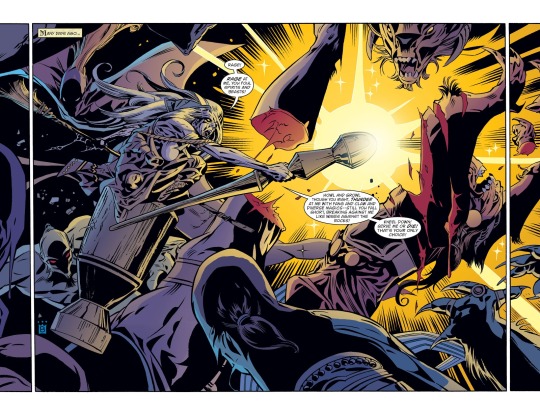
IV) The relationship between the Baba Yaga and her daughter, the Hag and the Maiden
Sometimes the Baba Yaga is merely the guardian of the kingdom of the Beautiful Girl, and she is submissive to the latter (variations of the “Water of Youth” tales, tales 134, 136-138, 140). However these two characters, of different generations and cultures, are often tied by a parentage. Sometimes they are mother/daughters (the hero married the Baba Yaga’s daughter in “Go I don’t know where, bring back I don’t know what, tale 164) ; other times they are aunt and niece (in Tchoudo-Youdo and Vassilissa the Magic Girl, tale 172) ; and they can be grand-mother and grand-daughter (the tales on the Finiste bird, tales 179 180). The young girls or the maidens are always descendants of the baba Yaga - a baba Yaga who herself has sisters. However the baba Yaga is never part of the hero’s family - she is of the family of the wife, of the bride-to-be, of the searched woman.
However these characters are opposites. Sometimes the opposition is direct: in Ivachko-Bear-cub, the daughter of the baba Yaga wishes to leave the world of her mother, and tells the hero how to kill her. The character of the baba Yaga daughter’s is simple: is she is a child, she will be killed accidentally by her mother, if she is adult, she will have her mother killed. Meanwhile, the characters of Vassilissa the Magic Girl/the princess frog are more complex. They create a wold different from the one of their mother/aunt/grand-mother, a world not relying on the forest and the hunt, but on field and agricultures: they realizes agricultural and domestic chores, which are unusual in the wild and sylvan world they come from, they train and domesticate animals, they build bridges and palaces, through their dance they create civilization or prepare weddings. They do not attack directly the baba Yaga, but they create a new world, and so they wish to leave the archaic world - and thus fight other supernatural beings.
There are however many common points between the Old One and the Young One. The princess of the silver-kingdom in “The three kingdoms”, tale 93, welcomes the hero by saying “Until then I had never seen nor smelled the body of a Russian man, but today one is here before me!” - which are the exact same words the baba Yaga uses in other tales. In “The Two Ivan-sons of soldier”, the story ends when the beautiful maiden turns into a lionness, swells up to monstrous proportions, and devours the two heroes. So the maiden can eat people, just like the baba Yaga... In a variation of “The princess-frog” tale (number 207), the character is indeed the regular frog-princess that can “create from a gesture of her hand, gardens and meadows” - but she has a threatening cannibalism. When she arrives at her mother’s home where the hero is hidden, she says “It smells like a Russian man! If Ivan-tsarevitch was under my hand, I’d rip him to pieces!”. Strangely here it is the mother that moderates her daughter, and advices the hero: the mother/daughter roles are inverted, the daughter fulfilling the role of the ogress, while the mother is civilized. But the hero still ends up figuratively devoured, since the frog, now in love with him, takes him away to her “seventh kingdom”. In the tale “The Water of Youth and the Beautiful Girl”, the titular Beautiful Girl, raped in her sleep by the hero, kills him, then after calming down and finding him to be a pretty boy, she heals the deadly wound with the water of youth-and-life that comes from her hand - the man is resurrected and they marry. So in conclusion, between the two different generations, we find two characters malevolent and benevolent at the same time, two cannibals, two characters tied to nature (be it wild or civilized nature), two characters placing trials on the hero, and whose advice always leads to a wedding.
V) The relationship with the male monster
We saw that the male monster (the dragon, Tchoudo-Youdo, the Tsar of the Water, the devil) is at the same time concerned with devouring and marrying. His second role, as a marriage-driven character, is quite enigmatic when present in the dragon’s character - and to see things a bit clearly, we must look at other male supernatural characters.
The water monster, the devil, Tchoudo-Youdo all have an unclear physical appearance, but their names reveal their heretical nature. They are called the “Miscreant Tsar”, “Tchoudo-Youdo the Outlaw”, “The Tsar with an unbaptized forehead”, “Satan”, “the devil” or “Hell”. They have a female entourage: they only have daughters, sometimes a sister. The daughter is an essential figure that can even be part of the tale’s title (The Devil and the clever girl, tale 173). But the baba Yaga also appears though this female parentage. In “Tchoudo-Youdo and Vassilissa the Magic One”, tale 172, baba Yaga reveals that Tchoudo-Youdo is her brother. And just like the male monster, the baba Yaga also has sisters (such as in “Finiste-Clear-Falcon”, tale 180). And we also saw earlier that Vassilissa the Magic Girl, who can be the daughter of Tchoudo Youdo, also is regularly the daughter, niece or granddaughter of the baba Yaga (or of the Old Woman of the Forest): we are here in a family. But which type of family are we confronted with? If we study the members of the baba Yaga’s family, we discover the intervention of a “father” or even of two fathers.
For example, let’s look at “The Tsar of the Water and Vassilissa the Magic Girl”, also known as “The Devil and the clever girl”. This tale is as ancient as it is famous: in the fairytale Aarne-Thompson Index, it is the AT 313. It is found in numerous places in Europe, its most ancient traces date back to Babylon, and the myth of Jason and Medea relies on its structure. It is very present in the oral fairytales of France, and of course in Russia it has numerous rich and archaic versions. The starting scene in the Russian tales is relatively stable: a travelling tsar is thirsty. As he is about to drink from a lake, a monster appears out of the water, holds the tsar’s beard and says he will only let him go if he gives him what he has in his home, without knowing what it is. The tsar, who believes he knows everything, agrees, but in truth he gave up his recently newborn son. The son will only be given when he reaches puberty - this is the motif of the “sell in advance”. However the monster out of the water - the Tsar of the Water - turns out to be the father of Vassilissa the Magical Maiden. So we have a fairytale with two fathers - the father of the hero (Ivan-tsarevitch) and the father of the intended bride, Vassilissa. But we have an anomaly here: the first father, Ivan’s father, didn’t know that he was about to have a child, while the second father, Vassilissa’s father, knew that the first father was about to have a child. As a result it seems that the first father’s isn’t regularly in the presence of his wife, or maybe doesn’t form a true couple with this female partner - he might be a man from a different clan than her. But the father of Vassilissa seems to be from the same clan as Ivan’s mother, since he knows what is happening to her, he knows that she is pregnant. The first father is a new father, an ordinary and biological father, with a very limited power, while the second is a powerful sorcerer, talented when it comes to marrying his daughters - because Vassilissa has variously numbered “sisters”.
The daughters of the powerful sorcerer can be three, twelve, or seven 77 in the tale 172, or a hundred - and nothing is ever said about their mother, so maybe they are not actually sisters, but cousins, and maybe the tsar of the water is their uncle rather than their father. We can take into account the fact that, even in modern Russian, the wors “brat” and “sestra” mean as much “cousin” as they mean “brother/sister”. So the father of Vassilissa might be her father-uncle, and we would come back to an archaic form of family. The father-uncle is the male leader of a family unit where only girls and wives are taken into account when drawing the bloodlines. The baba Yaga, who is also defined by her descendants, belongs to this clan and, by her role of guardian, by her orders, she “leads” this clan in her own way. It seems thus that Ivan’s marriage is organized by the clan of his mother, while the father of Ivan has no voice to the chapter. So, in the Russian fairytale, there is a very clear clan-structure, of “maternal clan” type, with an old woman, guardian of the order, a male leader, father-uncle, and numerous daughters or sisters, forming the uterine bloodline.
Maybe we can have more clues if we look at the epic Russian songs - much more misogynistic than the Russian fairytales. For example, in the famous novgorodian song “Sadko”: after a shipwreck, Sadko is at the palace of the sea-king. The sea-king wants to marry him with one of his three hundred girls, but Saint Nicholas appears and tells Sadko: “Choose the last girl that will be presented to you, but do not make love with her, only then will you be able to return to Novgorod”. Through his abstinence, Sadko finds himself the following morning all alone, but back in his hometown. If he had not restrained himself, he would have been absorbed, “drowned” by the maternal clan of the sea-king. We find here again the “swallowing” theme: for the hero, champion of the patriarchy, marrying in a maternal clan means disappearing, be absorbed, be swallowed.

#russian folklore#russian fairytales#afanassiev fairytales#baba yaga#fairytale archetypes#family in fairytales#marriage in fairytales
25 notes
·
View notes
Text
My my, what's this?
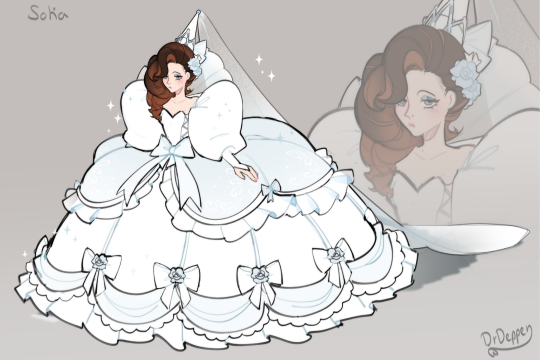
Only the best for the bride about to experience a fairytale wedding with the prince.~
I've been recently brainstorming and working on a silly little event for the twst bois, involving Sofia and her curse. But wouldn't want to spill too many details just yet, more designs and information will be released in due time, and who knows? Maybe even a card or 2. 💙
#👀#Fairytale marriage#fairytale event#twst event#fanmade event#lilia vanrouge#sofia#vil schoenheit#Rook hunt#ortho shroud#twisted oc#twisted wonderland#twisted wonderland oc#yuu#yuusona#disney princess
465 notes
·
View notes
Text
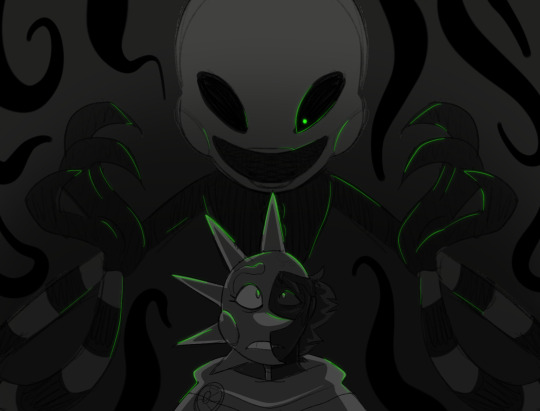
Be careful what you wish for
You may already have it.
#bethroned#bethroned art#sun#the puppet#marionette#this is just me planning future scenes and the vibes I wanna go for hsdgs#plus GOD I love doing rim lighting so much#anyways i stay silly#Fnaf dca#daycare attendant#Fnaf sun#moon#dca fandom#prince sun#au#fantasy#fairytale#medieval#royalty#arranged marriage
558 notes
·
View notes
Text

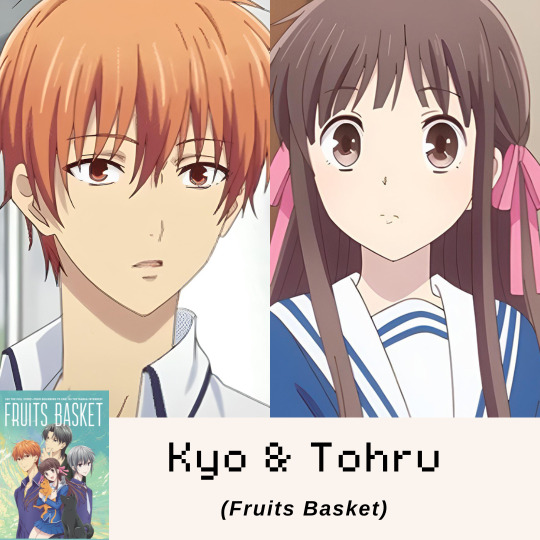
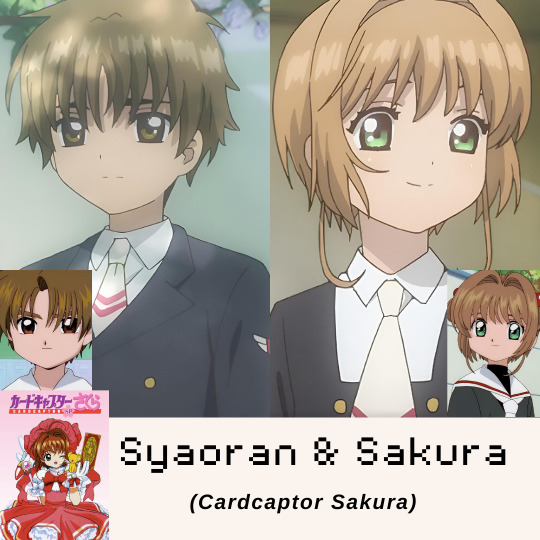
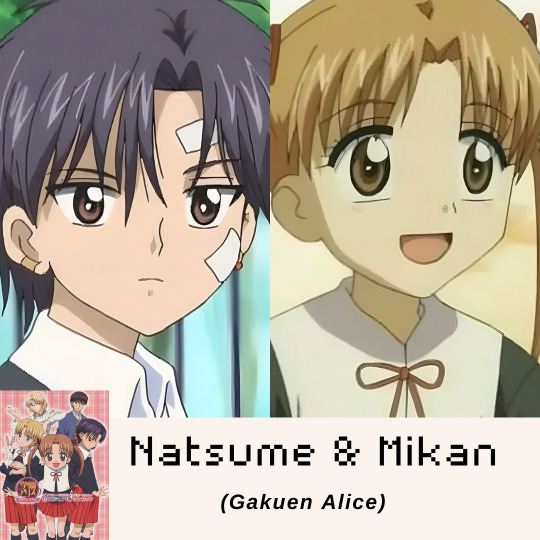
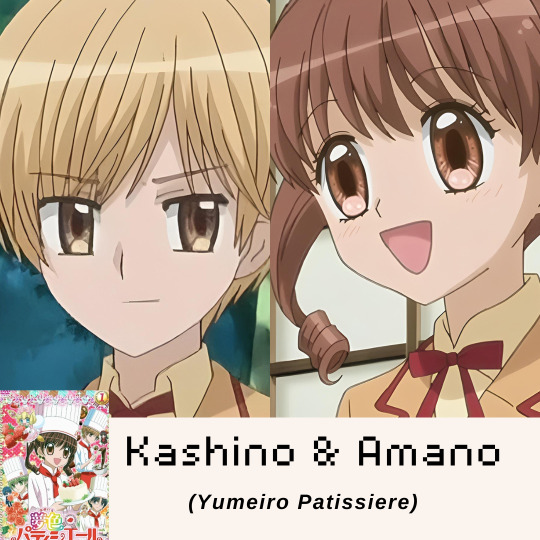
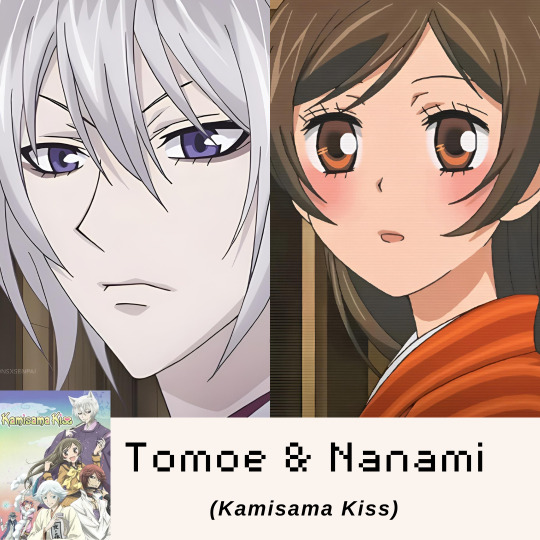
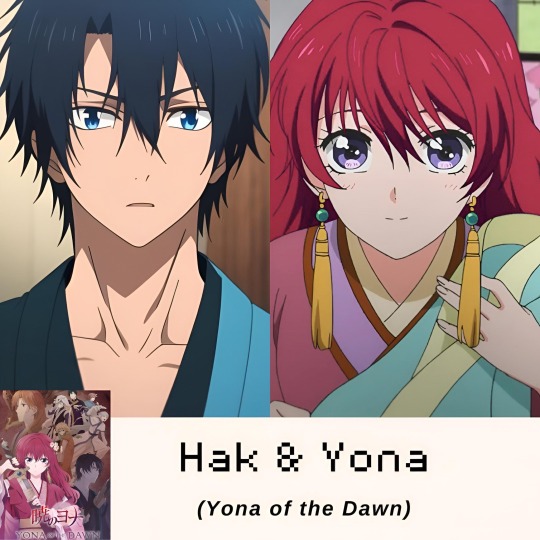


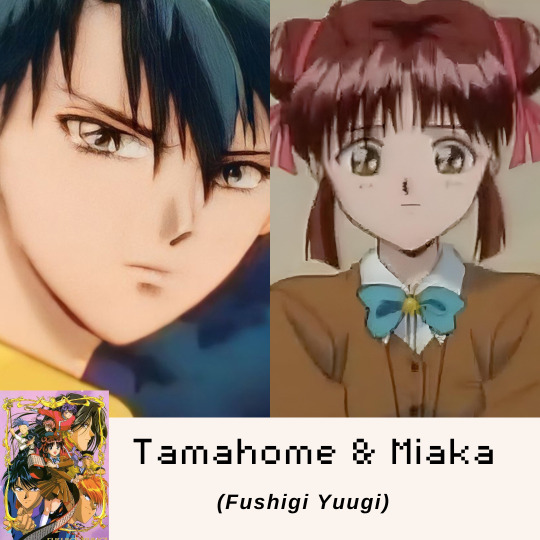

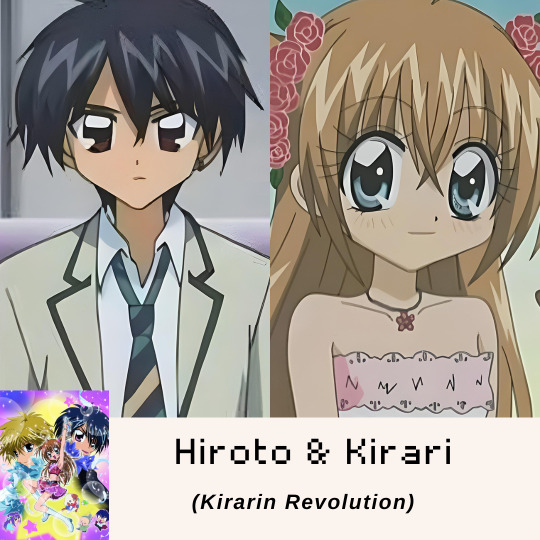
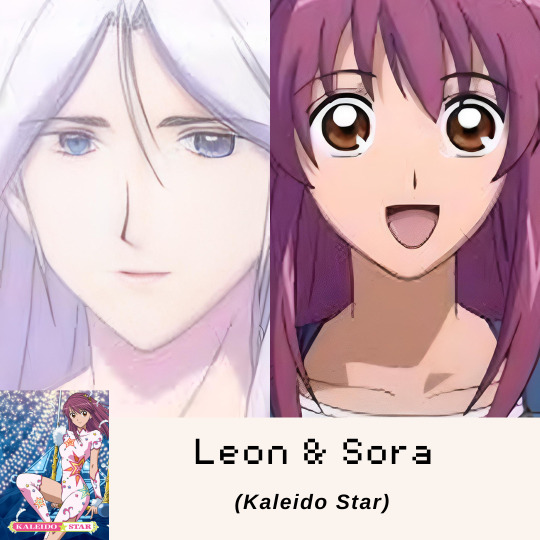
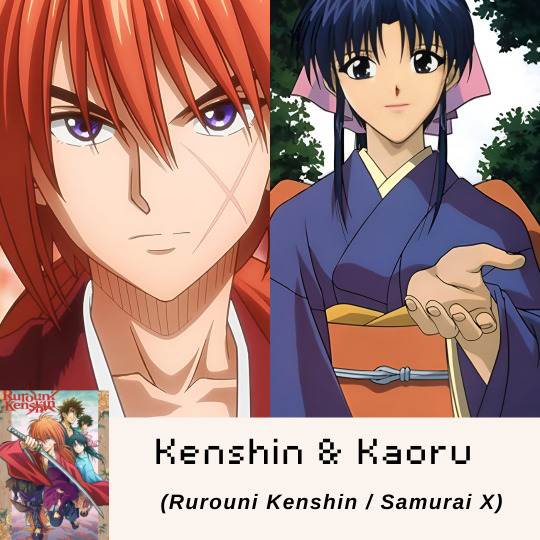
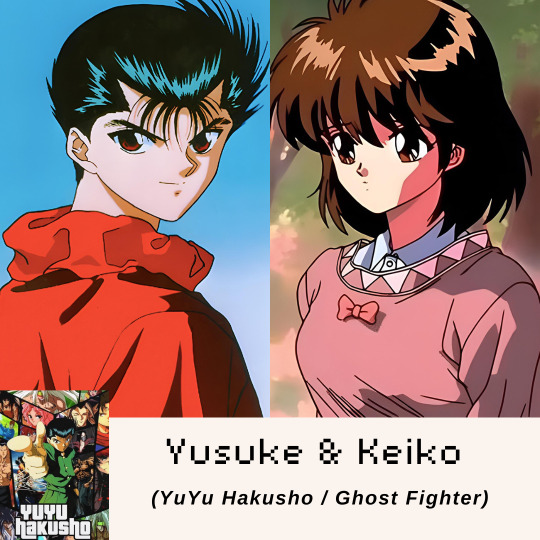
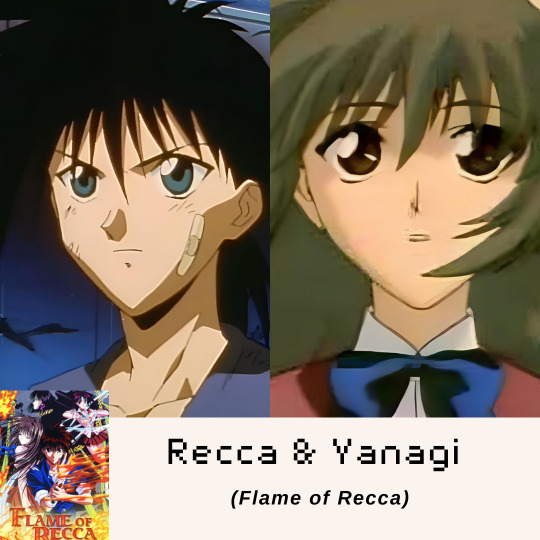
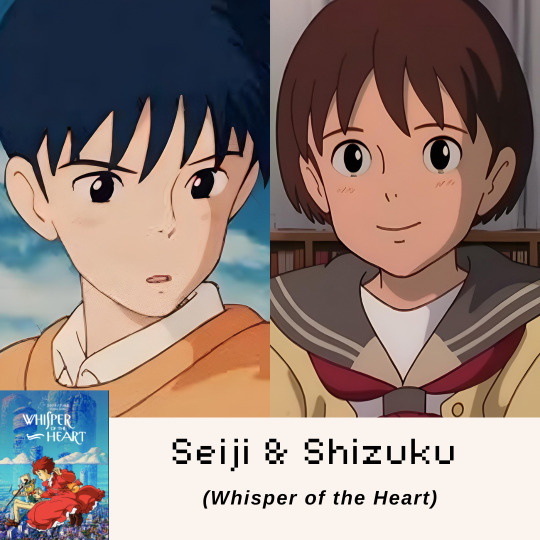

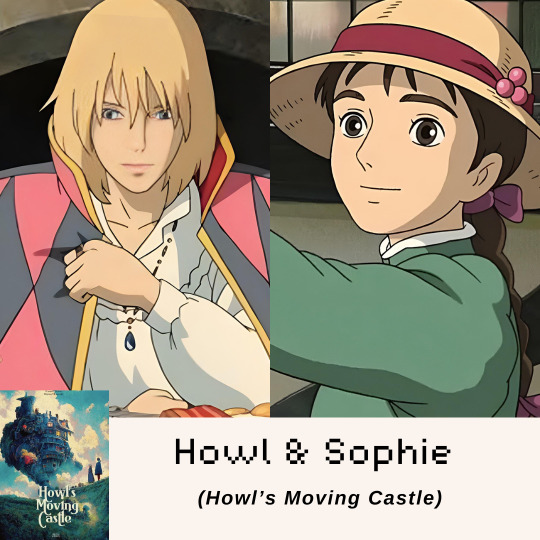

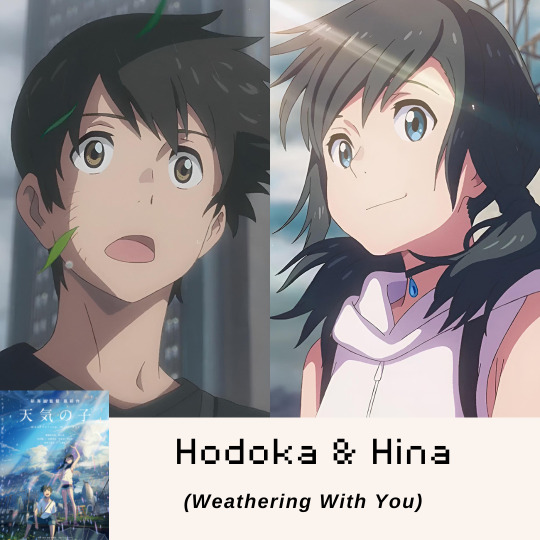








Sharing some of my childhood + present anime & studio ghibli OTPs
*uwu* they're so precious for meee 💖🎬🇯🇵
< PART 1 / on-going list >
#FruitsBasket#Card Captor Sakura#Gakuen Alice#Yumeiro Patissiere#Kamisama Kiss#Yona of the Dawn#Special A#Maid Sama#Fushigi Yuugi#Sailor Moon#Kirarin Revolution#Kaleido Star#Rurouni Kenshin#YuYuHakusho#Flame of Recca#Whisper Of The Heart#From Up On Poppy Hill#Howls Moving Castle#Kimi No Nawa#Your Name#Weathering With You#Suzume#86 anime#Taisho Otome Fairytale#Violet Evergarden#My Happy Marriage#7th Time Loop#Snow White With The Red Hair#The Early and The Fairy#A Silent Voice
79 notes
·
View notes
Text
I will never understand what it is about this show that sparks such intense heteronormative fever in some people
#like yeah I’m sure the Duffers#who wrote an entire show with the main theme being non-conformity#featuring all these outcast characters subverting tropes & traditional societal expectations#would write an ending of teenagers getting engaged/married just because. teenagers who’ve been nothing but immature as a couple mind u#why can it never just be Mike & El continue dating it has to be they’re locked down for life and starting a nuclear family lmfao#even as someone who believes in Byler I don’t think they’re getting a cliche fairytale end either#the Duffers hv always been realists in terms of how they handle relationships. & they wrote Mike & El w a dysfunctional dynamic by choice#like sure…the couple that cannot emotionally communicate the whole 2 seasons they’re dating are def being set up for MARRIAGE ??#also marriage as the end goal of relationships is how shows like Gossip Girl are written. this is a sci fi horror mystery show 😭 be serious#I will truly never understand the audience this show has garnered. just so antithetical to every message the writers are pushing
22 notes
·
View notes
Text
The way everyone acts about the supposed "daemyra downfall" in season 2 reminds me of all the losers that were saying Daemon will cheat on her with Mysaria in ep. 8 from season 1 based on a single second from a trailer. And yet...
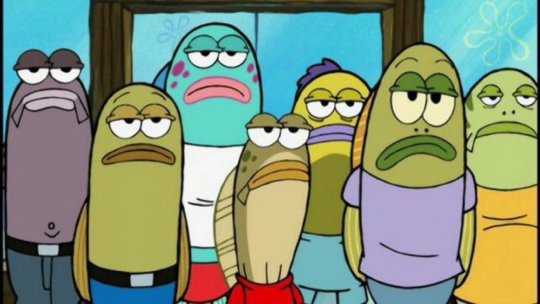
#like obviously we'll have to wait and see#and ofc there's a war so naturally there won't be any fairytale marriage#but giving that we have no context for the scene this behaviour is hysterical to me#you know that trailers are purposely misleading#right?#daemyra
25 notes
·
View notes
Note
(tw shitty ass english) I JUST READ AN OLD POST ABOUT USOPP MAKING BEAD BRACELETS FOR SANJI, AND HAD A VISION OF USOPP HELPING SANJI (who is freaking the hell out) TO FIND A BEAD RING THAT HE MADE FOR HIM WHILE STANDING ON ONE KNEE, AND WHEN HE FINDS IT HE HANDS IT TO SANJI WITHOUT STANDING UP SO IT KINDA LOOKS LIKE USOPP IS PROPOSING AND SANJI GETS SUPER FLUSTERED AND THINKS ABOUT THAT MOMENT FOR LIKE A WEEK im delusional
NO BECAUSE YOU'RE SO FUCKING REAL FOR THIS I ADORE THIS SO MUCH QWJEBQJKBFJBFJEWBFJKWBF (<- crying shaking sobbing) (I am literally writing a fic with the prompt of that post and it makes me go INSANE).
And this is just so funny but so so sweet- Tbh, I always headcanon that Sanuso is already established when WCI happens, and right after WCI Sanji can't stop thinking about weddings and getting married. Whether it's in a positive way or just because he's still trying to forget his experience there--
So he won't stop thinking about it and he heavily considers marriage with Usopp because, I mean, after almost getting married by force and going through the worst time of his life, Sanji is starting to think about what he's going to do after finding the All Blue and the One Piece. And he knows that everything around them is going to change once they do find those, but there's this constant in every situation he imagines and it's that Usopp is always there.
So now I can't stop thinking about what you're saying: Usopp making a ring for Sanji just because (like seriously, there's not a deep, meaningful reason for that, he just makes it because he can and he thought Sanji would like it) and having to pick it up from the floor before giving it to him but it looks like a marriage proposal. Sanji freaks out so much his brain stops working. He's all red. He can't move. He's stuttering. Usopp doesn't know what he should do because he seriously thinks he has fucked up big time now. Sanji just takes the ring and runs to the kitchen without saying a word. I think Usopp wouldn't process what's going on until Nami says: "I'm not one to judge but perhaps it's a bit too soon for that?" and she points to Usopp's position and,, Okay, now Usopp is panicking too.
So he follows Sanji to the kitchen, trying to fix everything, and the first thing he sees is his boyfriend curling up on one of the chairs and staring at the ring. To which, of course, Usopp goes:
"I- I know what it looked like, but I was not- That was not what I was- It was all an accident so don't freak out-" / "I'm not freaking out" / "You kind of stormed off to the kitchen and you'll probably burn the ring if you look at it that much so, uh, maybe you are freaking ou-" / "I am not! Freanking out! I- I- It's not about you, love, my mind is just a mess ever since- Fuck. You know" / "I know... But I am not asking you to marry me. It was a misunderstanding. That's alright! We can forget this ever happened-" / "But what if- What if I don't want to?" / "Come again?" / "Not- Not right now but... But what if I did want to get married. Someday" / "You want to get married to me?" / "Is it that surprising? I thought it was obvious I wanted to get married" / "Yes! But not to me! I thought you'd end up with a pretty picture-perfect girl, not... Me?" / "That's dumb" / "Oh, okay, thank you? People have insecurities, you know?" / "No, I mean- It's dumb. I already had that girl and I don't think I've ever wanted to marry you more than when I was with her. Away from you... I missed you" / "I missed you too. But we don't have to get married now, so don't worry much about it, alright?" / "But would you?" / "Huh?" / "Marry me. If I- If we- If it ever happened. Would you?" / "Now, that's a dumb question".
And Sanji doesn't need Usopp to explain what he means by that because he already knows.
#they make me go wild :)#i love marriage proposals even if this isn't really a marriage proposal and it's more of an agreement between them#but anyway i just absolutely love them#i just know sanji is crazy for getting married and usopp isn't THAT insane about it but he can't wait to marry sanji#i'm not even that big on marriage irl but damn i love these two and sanji deserves a romantic fairytale wedding fr#one piece#black leg sanji#usopp#sanuso
37 notes
·
View notes
Text
Mythic Symbolism in the Mayfair Witches
a mythic and psychoanalytical thread exploring themes of: alchemy, star lovers, fairytales, greek myth, three fold goddesses, and beastly grooms within the amc series ‘anne rice’s mayfair witches’
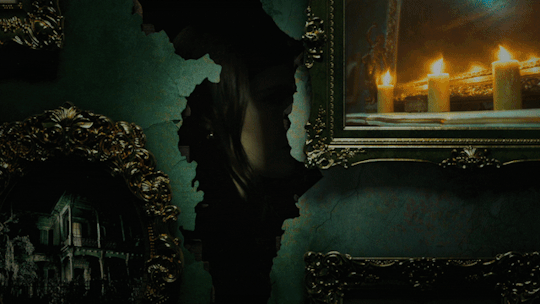
*disclaimer*
This post will be split up into multiple parts as it is very lengthy.
The point of this post is not to discuss how the show adapts the source material, but instead how the show stands on its own, utilizing psychological and mythic motifs in its plot and character journeys.
For those who want to see the show, it is available on physical DVD and Blue-Ray as well as streaming. The entire eight episode first season is available on AMC+ which you can get a free trial for through Prime Video channels.
A second season has also already been green-lit. However the first season ends on what I would consider a very satisfying note.
Part One, Part Two
————————————————————————
THE TRIPLE GODDESS: MAIDEN, MOTHER, CRONE
Aside from Rowan’s story, there are two other Mayfair women whose lives we follow. The progenitor Suzanne in the 17th century, and Rowan’s biological mother Deirdre. While together they each represent one of the goddesses, we also see each of them move through these roles in their own journeys.
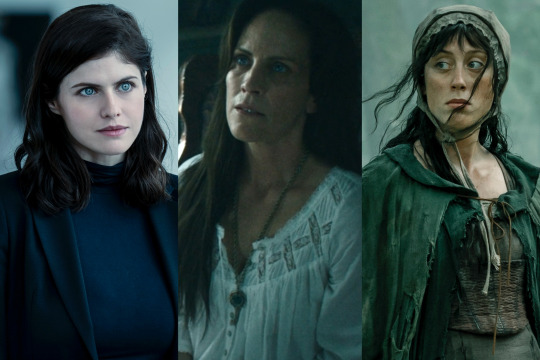
The concept of the triple goddess also has strong roots in the myth of the Greek Fates and the Norns of Norse myth. Both represent the Birth/Life/Death cycle. This archetype is also strongly associated with Persephone, Demeter and Hecate, or Artemis, Selene, and Hecate.
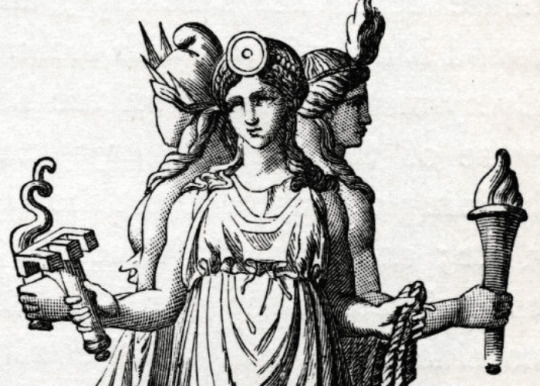
Each of these Mayfair women has a role directly associated with life and death. For example, Suzanne is a midwife whose work, like her aunt says, is not just curing people but also helping give them a good death.
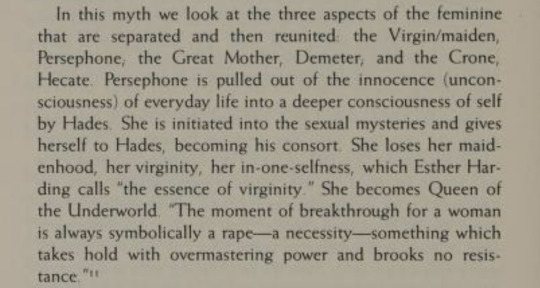
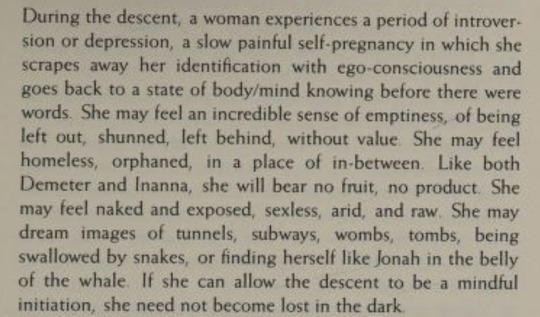
Rowan, like Persephone as Maureen Murdock puts it, is pulled out of the innocence of everyday life into a deeper consciousness of self by Hades. Or in this case Lasher.
Furthermore, Deirdre like Demeter is overcome with grief and surrenders to her sorrow, when her daughter is taken from her. However in this instance her daughter is taken away by Carlotta.
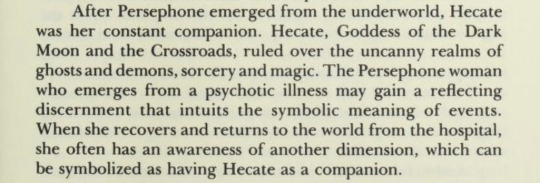
Suzanne is like Hecate as Jean Shinoda Bolen describes, a guiding companion force. When Rowan meets a crossroads in her journey at the Witching Hour, Suzanne is there to guide her as the first matriarch, as a mistress of life and death.
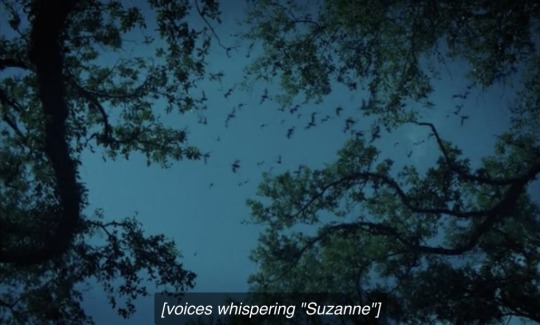
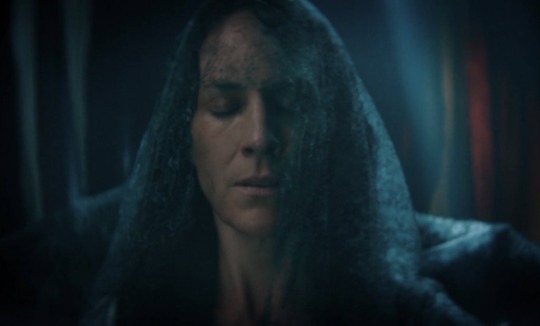
They each have mirroring moments in their journeys. Just like Rowan, Suzanne too was visited by a murder of crows, and the Dark Night of the Soul that Rowan is facing is likened in dialogue to the dark subconscious place Deirdre is trapped. In fact, episode two is titled The Dark Place.
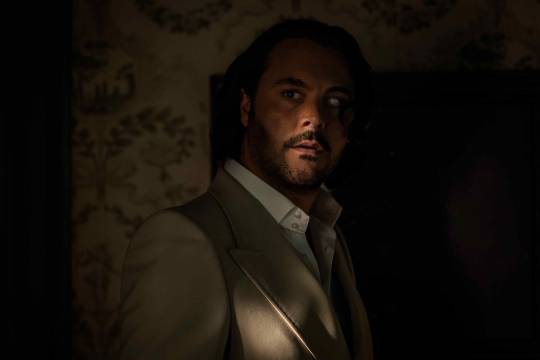

Each of them share the same animus. A being known as Lasher. He is bonded to each of the “Designees”, the matriarchs of the Mayfair family. We’ll delve into him soon enough.
DREAMS AND THE SUBCONSCIOUS
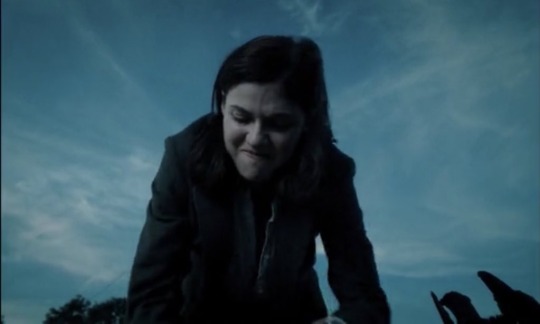
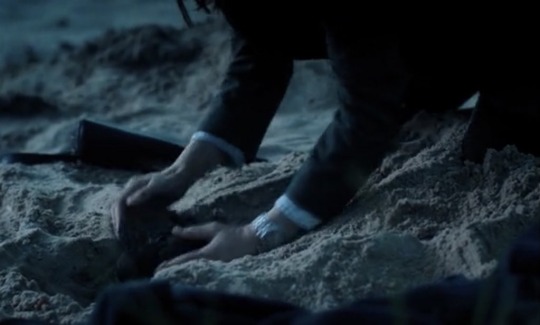
When Rowan uses her powers on the crows, causing a couple of them to fall down dead, she lays them down in her jacket, and drives off to a beach. She then walks to the shore and digs into the sand until she has a hole she can bury the crows in.
After this she takes a pill to force herself to sleep, both exhausted and desperate to flee into oblivion to escape her consciousness as it begins to recognize her shadow. But now as she is laying by the ocean, she is submerged in the unconscious.

She experiences a dream that evokes Cinderella, fairy godmothers, transformation, and spiritual death. She is wearing a shimmering blue gown, and is chasing after Ellie who is leading her somewhere. She runs after her mother, who leads her to The Mayfair House.
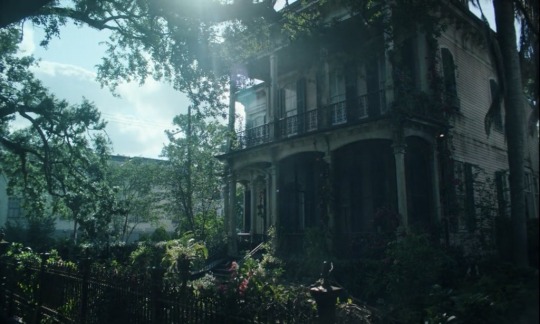
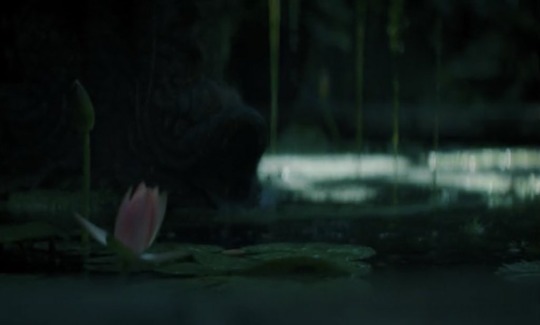
Whenever we see the house, it’s presented as a piece of nature itself, overgrown, hidden among trees, and the sound of water. It is a true representation of the subconscious, the underworld.
A FALSE START AND CLEANSING FIRE
When she finally goes to New Orleans, we think she’s going to get the answers she needs and reconnect with the feminine. However forces intervene and Rowan’s first impression of her Mayfair lineage and the power she possesses is one of fear, in part thanks to Ciprien Grieve. He means well, but his actions and perspective are a literal extension of Ellie as the “too good mother”.
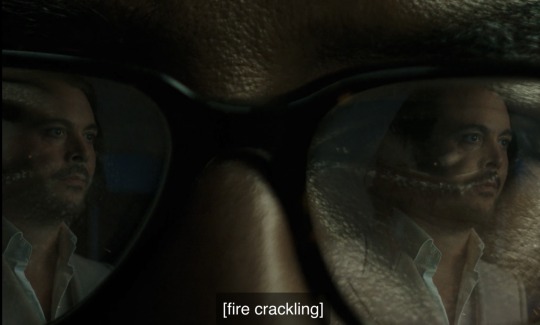
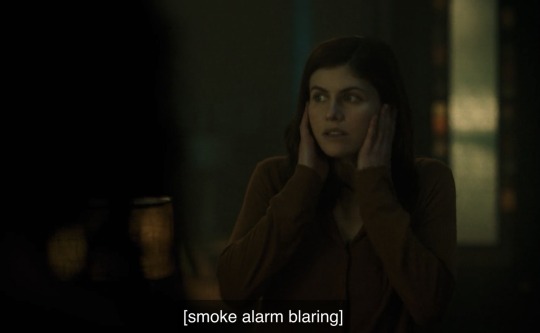
The organization called the Talamasca that Ciprien is part of, actually puts a spell around his building where Rowan is staying. Which acts as a wall or barrier keeping Rowan separated from her Shadow. It was made to keep Lasher out. This is when we have that cleansing flame, as Lasher sets a fire to get the alarms to go off and Rowan to leave the building.
And the first thing she intends to do, is find the Mayfair House which as we know is her subconscious…
End of Part Two
#heroines journey#alchemy#jung’s shadow#jungian archetypes#greek mythology#mythology#folklore#fairytales#mayfair witches#rowan mayfair#rowan x lasher#mythic romance#alchemical marriage#maureen murdock#anne rice#myth and legend#triple goddess#persephone#demeter#hecate#cinderella
40 notes
·
View notes
Text
It's 100% true that the Roy siblings did not choose to be Logan's children and Tom and Greg and the old guard did choose to work for him so their relationships to Logan are fundamentally different, and the degree of culpability they bear for their own moral degradation is also wildly different. But workplace emotional abuse is also very real and omnipresent in the way Logan treats the people who work for him. And one of the impacts of workplace emotional abuse is creating an extreme attachment to the abuser and becoming less cognizant and even defensive of their abuse towards yourself and others, and in cases where the emotional abuse is institutionalized and systemic it can also create a strong aversion to leaving because your whole sense of personal identity becomes wrapped up in the organization and so being forced to leave can cause an intense psychological crisis. I don't think the situation of working for Logan is at all equivalent to being his child but I also think that it's a bit misguided to imply that Tom and Gerri and Frank and Karl are operating from a place of pure rationality without any undue psychological influences when they make the choice to stay with and support Logan
#used to work at a place that had an extremely emotionally abusive president for years and years and the people who worked there long term#were FUCKED UP. it was wild#i think it's easy to overlook that on succ bc it's very secondary to whats going on with the roy family proper. as it should be#but I also think one of the questions succ explores in tom as a character (and others) is how difficult it can be to leave these situations#even if you did choose to get into them#I don't think 'tom can leave at any time' is really a fair assessment bc technically yes. but practically? psychologically?#like yes he bears responsibility for getting himself into this situation due to his own greed and selfishness in a way the roy kids do not#but that doesn't mean it's easy or straightforward to walk away#also. tom is married to shiv which places him in the unique position where the only way to walk away is to cut off both his wife#and the company he's spent his whole life at#he could have NOT married shiv this is very true. and I think the choice to marry her even after she lied to him about sleeping with nate#means that he did have some idea of what he was getting into. he knew this was not going to be the fairytale marriage he wanted#he already knew about cruises too. he knew waystar was corrupt#that moment was the opportunity to walk away and he did NOT take it#and that is on him#but that does not making walking away now any easier
74 notes
·
View notes
Text
ROUND 4D, MATCH 2 OUT OF 2!
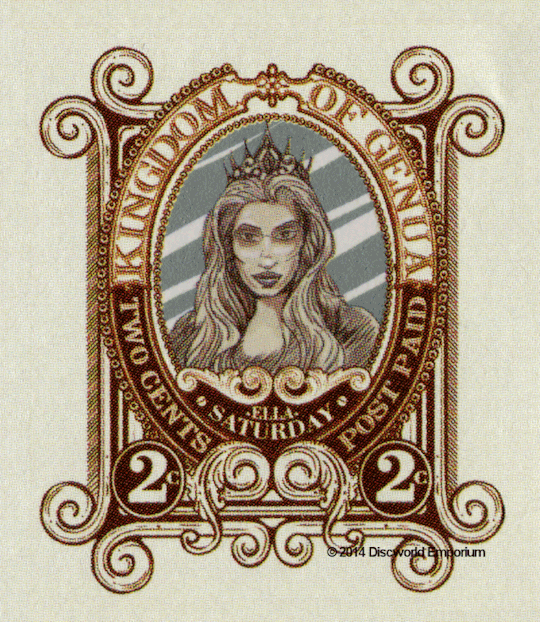
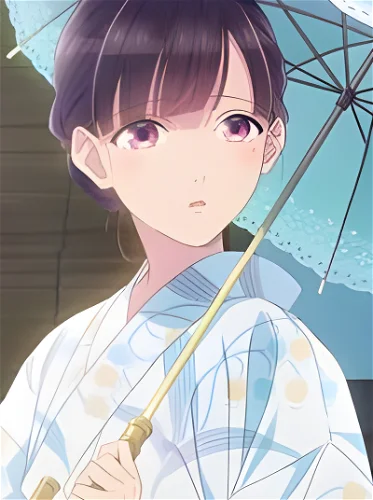
Propaganda Under the Cut:
Ella:
so this is a discworld story, and in discworld stories are sort of parasitic life forms that like to happen over and over. they can be harnessed, with enough magic. this is what’s happening to ella saturday, who is playing the parts of both cinderella and the frog princess. her evil fairy godmother (you get two, an evil one and a good one, though her evil one is under the impression that she’s the good one) has taken over the city, and is forcing everyone into fairytale roles under the threat of execution if they’re not quite archetypal enough. she thinks this will make people happy. ella, on account of being the dead barons daughter, has gotten the role of princess. so she’s being kept in a house with two snakes who have been turned into human women, and is being forced to go to the ball, where she is expected to dance with the duc, who is a frog turned into a human, and kiss him to solidify the spell. she very much does not want to do any of this, but fortunately she’s got that other fairy godmother! who is brand new, on account of the last one died, and has no idea what she’s doing. but it all turns out ok in the end, and the stories stop (for a given value) and she’s the baroness now a they all live, if not happily or ever after, then normally, and for a time
Miyo:
Her story is a classic twist on the Cinderella tale. (spoilers ahead) Miyo grows up in an abusive household. Her father neglected her. Her stepmother and half-sister constantly belittled, berated, abused, and stole from her. She was raised as a servant girl for years following the death of her mother. Everything changes when she is put into an arranged marriage with the prince-like character, Kiyoka Kudo. And slowly, over time, she grows more confident and learns who she is, what she wants, and falls in love. She has multiple fairy-godmother type confidants in Kudo's maid Yurie, a former maid from her old home Hana, and even Kudo's sister Hazuki. The opening song to the anime even includes a line about how the singer wondering if Cinderella stories even exist! https://www.youtube.com/watch?v=RL42Vr4naOU
Miyo is a Cinderella through and through
#cinderpoll#round 4#round 4d#ella saturday#discworld#witches abroad#terry pratchett#miyo saimori#my happy marriage#cinderella#fairytale#poll tournament#poll bracket#character polls#polls
13 notes
·
View notes
Text
My Happy Marriage is basically Taisho Maiden Fairy Tale, except the characters spend 90% of each episode crying...and also there's supernatural stuff.
#my happy marriage#watashi no shiawase na kekkon#taisho maiden fairytale is the superior romance but nobody fucking watched it#taisho otome otogibanashi#taisho maiden fairy tale#tmft reads more like a comedic shojo and mhm is more of a depressing josei but they're cut from the same cloth
25 notes
·
View notes
Text
Ok so I started "The Broken Ring: This Marriage Will Fail Anyway". I'm on chapter 24 now and honestly because this masterpiece has appeared in my fyp so many times I have accidentally been spoiled about some stuff
But when I tell you I started sobbing at the freaking PROLOGUE during this part
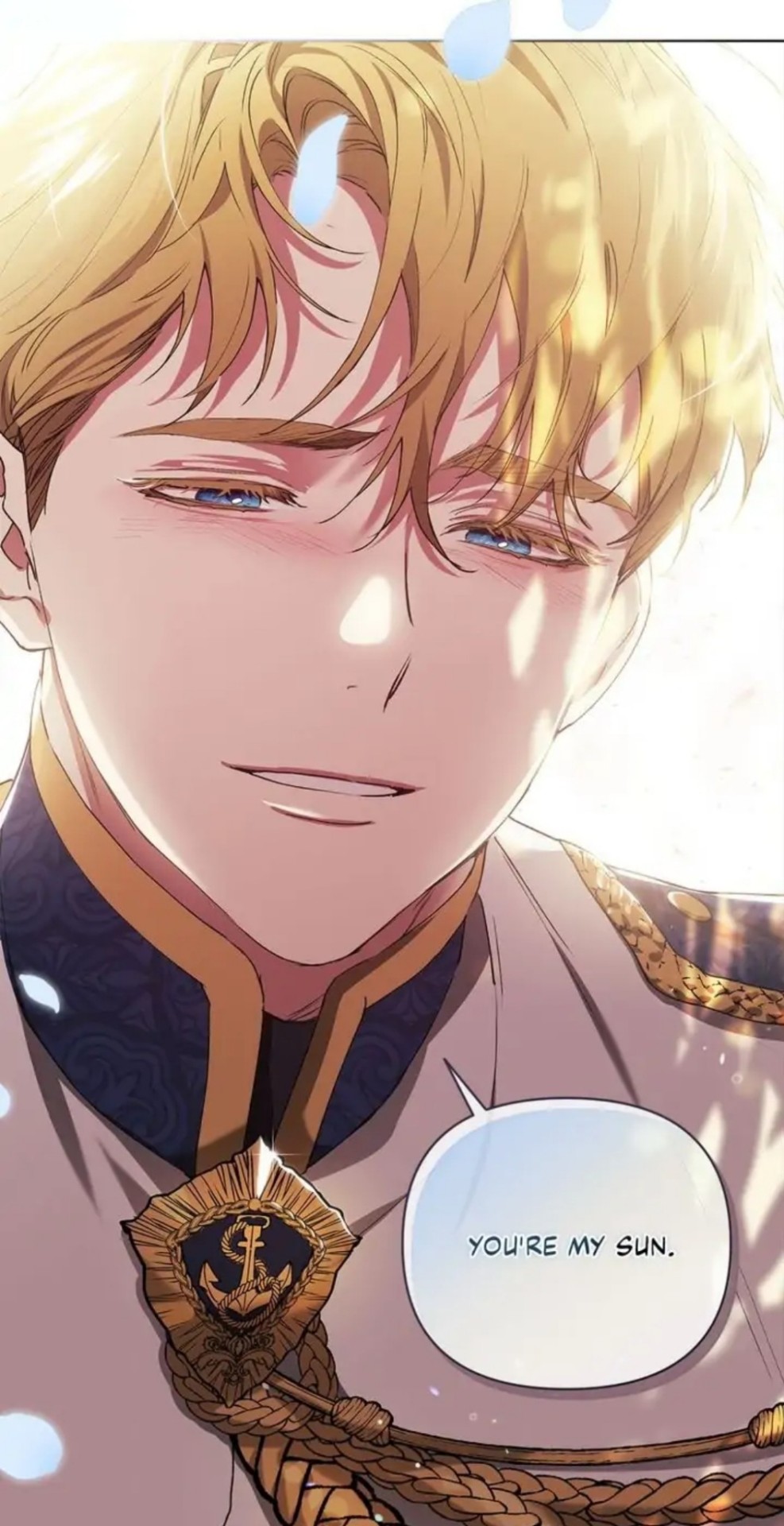
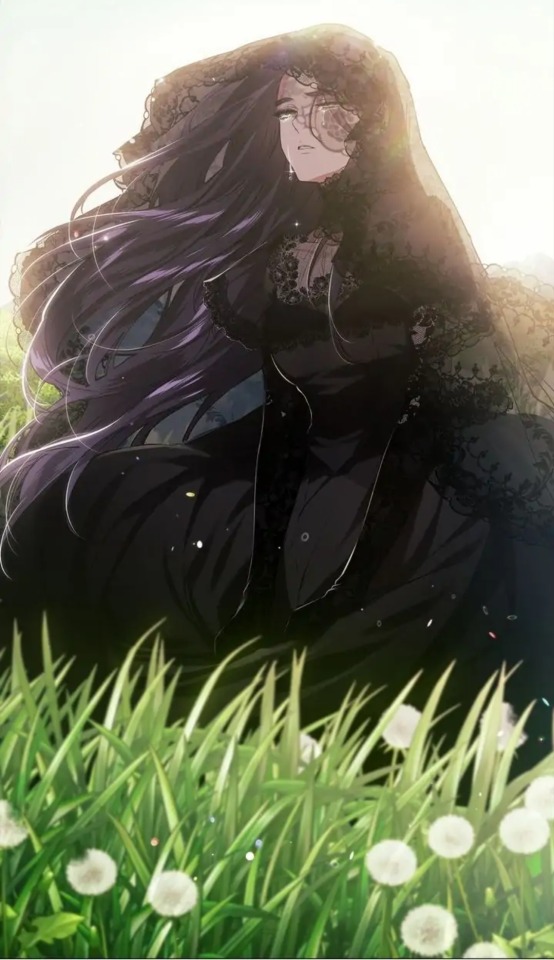
Like I actually had to put my phone down for a moment I could not do that man. THE FREAKING PROLOGUE!!!
#it's so so good#if you want complex characters and anot so rosy fairytale love story this is definitely a must read#the broken ring#the broken ring: this marriage will fail anyway#manhwa
12 notes
·
View notes
Text
My Wedding Vows // 6.07.24
“I hope you live a life you’re proud of, and if you’re not, I hope you have the courage to start over again.” -F. Scott Fitzgerald
To My Future Husband,
As we stand here today, facing one another, surrounded by our beloved families and friends, at the top of a beautiful Colorado mountain, I truly feel like the luckiest girl.
Let me first take a few steps back to the moment our paths crossed. It was a cloudy Cleveland October day at 6am in the morning, and I was already dreading our upcoming two week internal medicine rotation and the long hours that were sure to come. You greeted me with a cheerful and welcoming smile, and I instantly felt more at ease. My first impression of you was incredibly positive, as my friends surely remember, because I texted in our group chat about how good-looking you were, and how confident you seemed. You made normally boring work days fun with your upbeat energy and sometimes shockingly unfiltered humor. Somehow, what should have been an exhausting two weeks became one of my most enjoyable and treasured memories of residency training. I didn’t know it yet at that time, but I was undoubtedly falling in love.
Growing up, I spent countless hours checking out fiction romance novels from the library, reading story after story about star-crossed lovers, some with fairytale endings, and others in romanticized tragedy. I used to dream about my own Prince Charming one day - someone dashingly handsome, smart and accomplished, a protector and a provider. At some point in my life, as I grew older and realized life was often not a fiction love story with a guaranteed happy ever after, my focus for finding a life partner turned to security rather than romance. I traded in 'butterflies' for 'avoiding loneliness', and my long list of an ideal husband for a more practical list of, “mostly just has to love me”, thinking this was the natural price of growing up. I stopped letting myself dream because I was scared of disappointment.
After meeting you, however, it felt as if God orchestrated a reminder for me to remember the girl behind the woman, and to re-discover what it means to follow your dreams and take a chance on both oneself and on someone else. The practical side of me felt like you were too good to be true, that there had to be a catch somewhere, that nobody is truly this kind yet also accomplished, funny, charismatic, and handsome, a “checks off every box” type of guy. But the more time we spent together, the more you helped me lay these doubts and insecurities aside. I love you for not only all these amazing qualities you possess, but also for helping me learn to love myself, to be brave, to have faith, to chase all my dreams, and to love without fear. I know I’ve said a lot of things today, but if you forget everything else, I want you to remember this: You are my dream come true.
In you, I have found a partner who shares my values and my dreams. A partner who is not only dedicated to our relationship but to serving everyone around you with unwavering commitment and humility. Your loyalty to your friends and family is a reflection of the depth of your character, and I am honored to stand by your side as your equal, your best friend, and your forever partner.
Today and all of our tomorrows, I promise to cherish and celebrate all that makes you the incredible person that you are. I promise to be the biggest supporter in your ambitions, to stand by you in times of joy and sorrow, and to always put our commitment to each other first. Beloved, today I give you both my heart and my soul, knowing that together we are stronger than we could ever be apart. I am so grateful and excited for the future that we are building together and the adventures yet to come. With you by my side, I feel seen, loved, protected, and strengthened. With you by my side, I am already living my happy ever after.
5 notes
·
View notes
Text
Mythic Symbolism in the Mayfair Witches
a mythic and psychoanalytical thread exploring themes of: alchemy, star lovers, fairytales, greek myth, three fold goddesses, and beastly grooms within the amc series ‘anne rice’s mayfair witches’

*disclaimer*
This post will be split up into multiple parts as it is very lengthy.
The point of this post is not to discuss how the show adapts the source material, but instead how the show stands on its own, utilizing psychological and mythic motifs in its plot and character journeys.
For those who want to see the show, it is available on physical DVD and Blue-Ray as well as streaming. The entire eight episode first season is available on AMC+ which you can get a free trial for through Prime Video channels.
A second season has also already been green-lit. However the first season ends on what I would consider a very satisfying note.
Part One, Part Two,
- - - - - - - - - - - - - - - - - - - - - - - - - - - - - - - - - -
SEPARATION OF THE FEMININE AND THE ILLUSION OF SUCCESS
Our heroine Rowan was adopted, and we do come to learn the way she was separated from her birth mother. But from the start, despite having a loving adoptive mother, Rowan expresses nonetheless that she is searching for “home”.
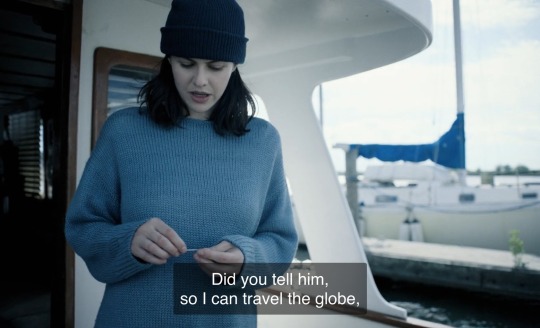
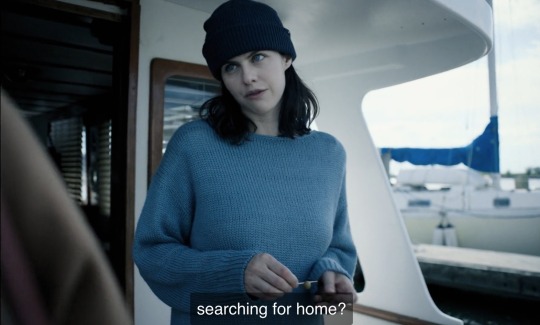
This becomes more apparent later, as we see Rowan admit she wants to understand her genetics, where she comes from. Who she really is. Something that has been one way or another discouraged by her archetypal “too good” mother Ellie.
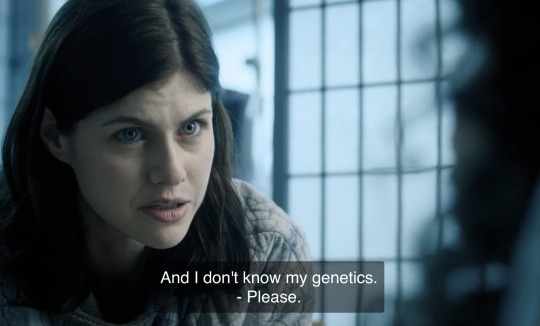
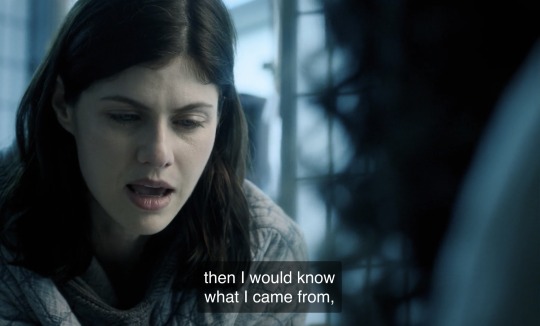
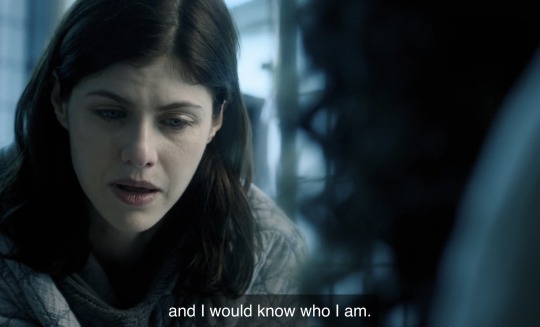
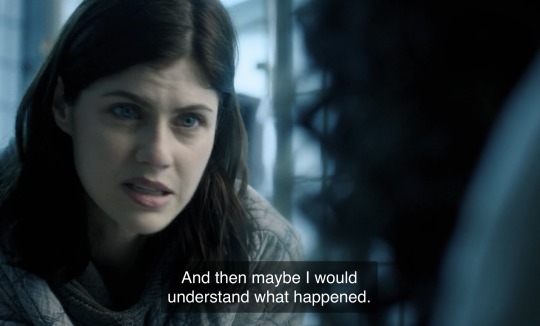
Rowan has compensated for this void and lack of control in her life, through success in her career. This is where we see how she has identified with the masculine and begun to traverse the male dominated medical field. She is confident in her ability to play the game until she comes out on top.
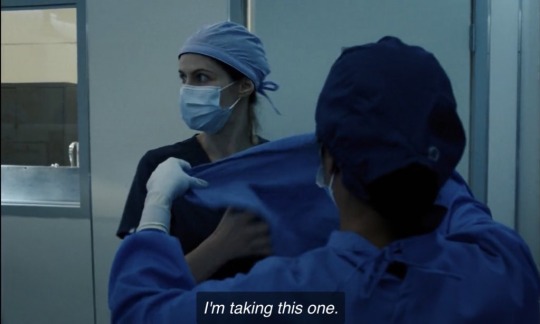

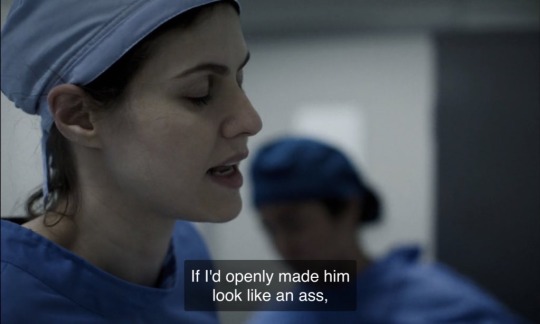
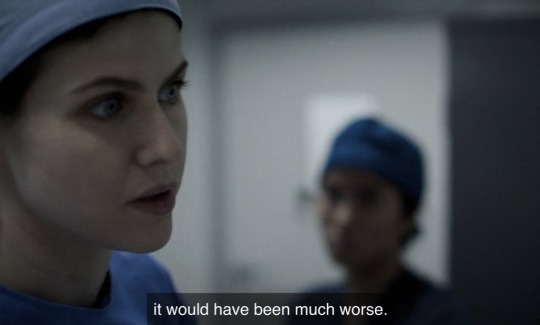
The dragon among her trials, is when Rowan learns that her mother Ellie’s cancer has returned. Her boss Dr. Keck appears seemingly as an ogre guarding her bridge toward finding a solution. Which leads her ultimately toward experiencing the illusory boon of success.
She goes to see Daniel Lemle about the position at his company. He is enthusiastic about the aspects of Rowan Dr. Keck was critical of, and to have her on his team and her mother submitted to the trial. This is that male validation she has been yearning for. However as she gets to know him and his style further, her enthusiasm wavers.
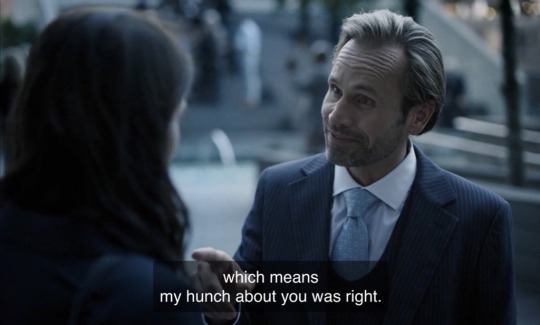
Once again she is encouraged to “run with the boys” to be a “killer”. And if she does this, she will succeed in retrieving the healing elixir for Ellie. However this means replacing an existing candidate in the trial with her mother.
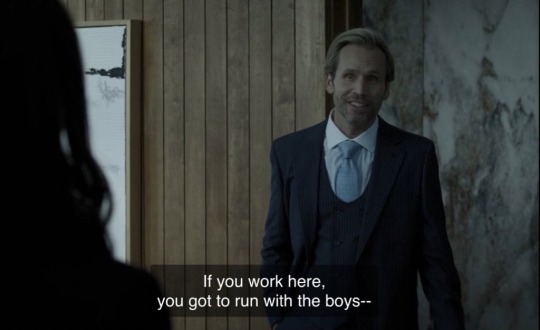
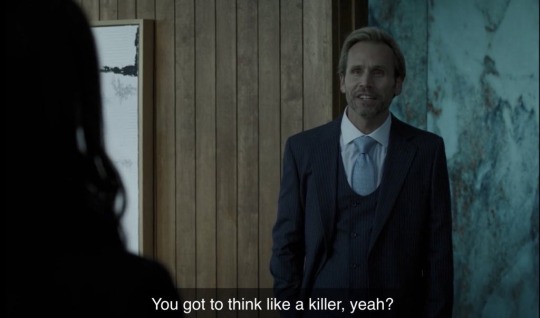
This is something that morally she can not do. Fed up and in grief, this moment shatters her composure so thoroughly that the power inside of her which she has all along been struggling with (and that her ordinary world was not capable of addressing) lashes out at Lemle to his demise.
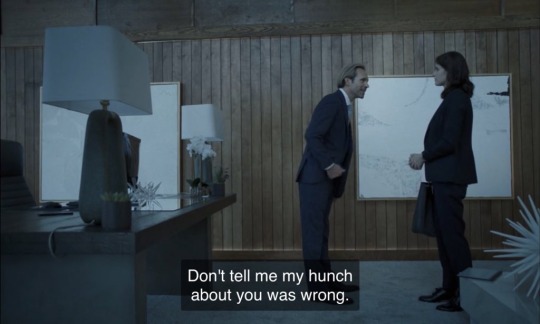
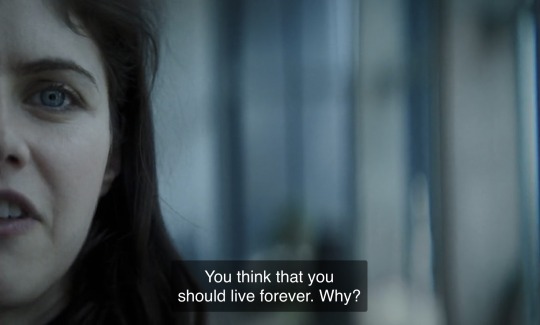
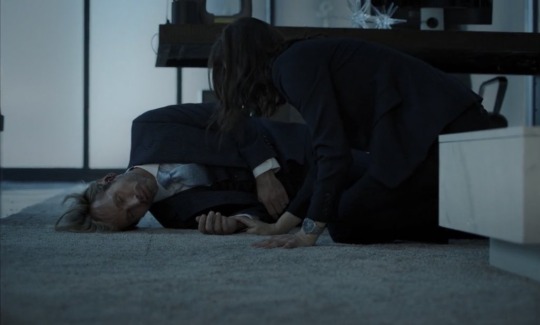
SPIRITUAL ARIDITY AND THE BLACKENING
Earlier when she is having a tryst with Max the bartender, we see how her intomacy is intentionally distant. She yearns for home, for companionship, but also doesn’t want to deal with the vulnerability that comes with it.
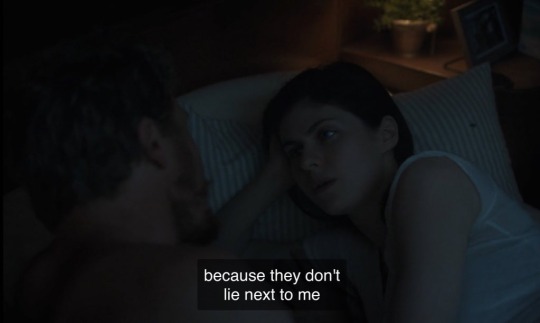
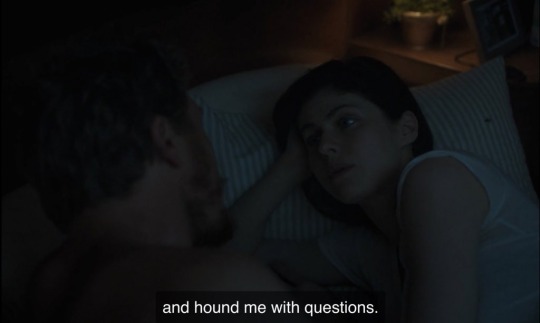
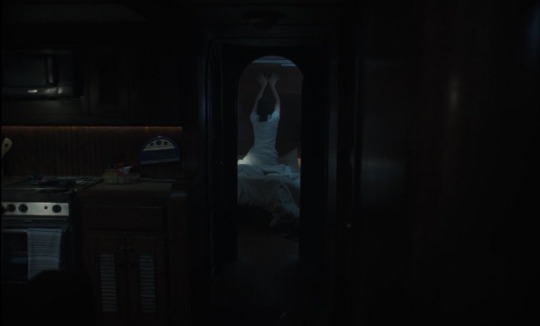
She compares the true love Max seeks, to something she experienced as a child with her literal and metaphorical shadow. She says it knew her thoughts and her secrets and had always loved her. But in the current state she is now, she looks back on this and dismisses it though the thought of it makes her wistful.
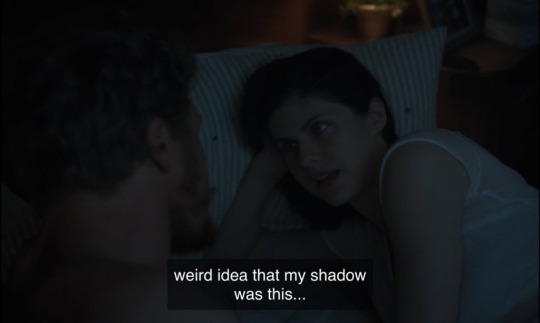
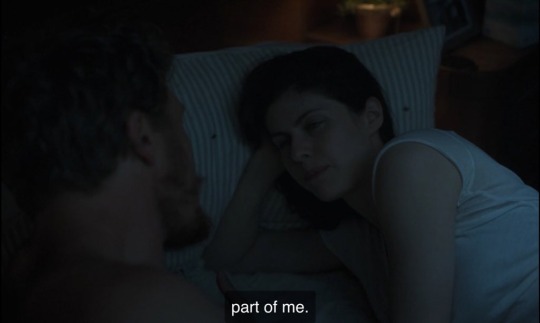
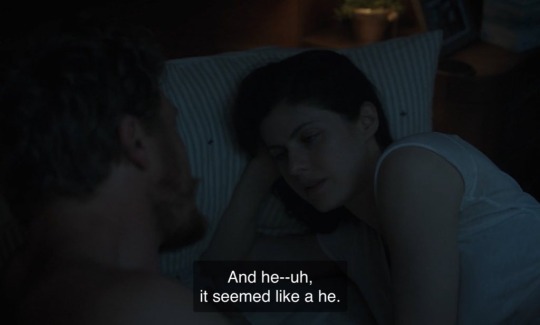
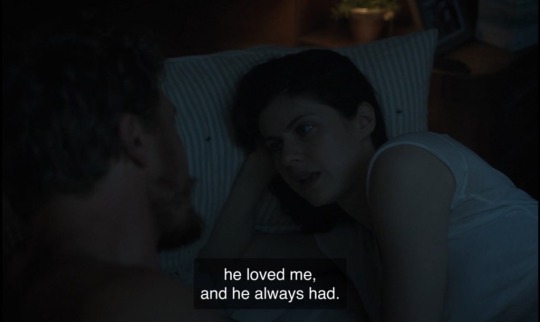
Rowan has ignored her shadow since she was young. Following her guilt and the passing of her mother, that’s now becoming impossible to keep doing. After Rowan flees her counselling session, dishonest with and in fear of herself, she is faced with a murder of crows perched by her car.
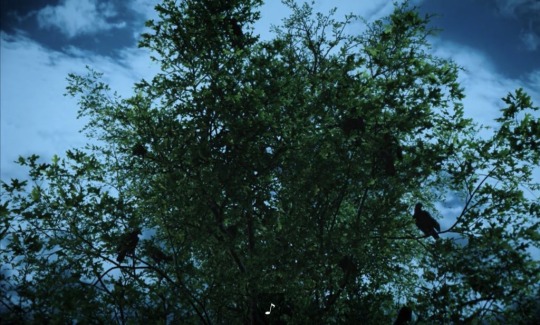
In alchemy, the crow is associated with the stage of Nigredo, calcination, or the Blackening. This is a stage of cleansing through the burning of ingredients into ash, often associated with death. To Jung this is the Dark Night of the Soul. Robert Bly also ties crows to the Shadow and the need to face it. We see crows and smoke heavily featured in promotional material for the show.
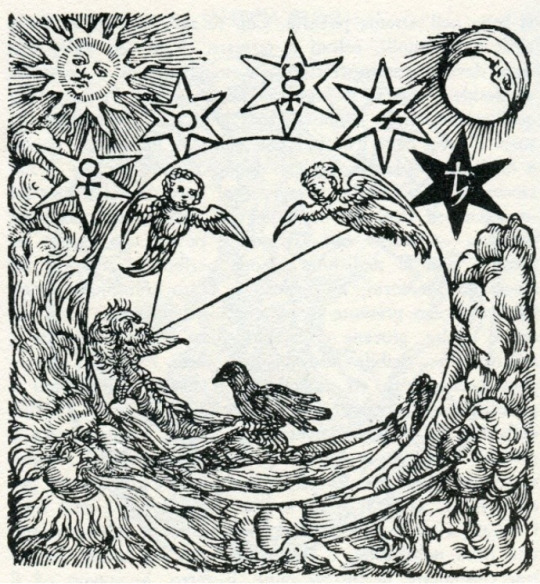
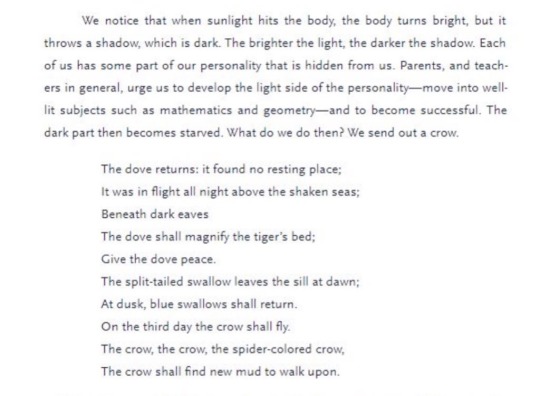
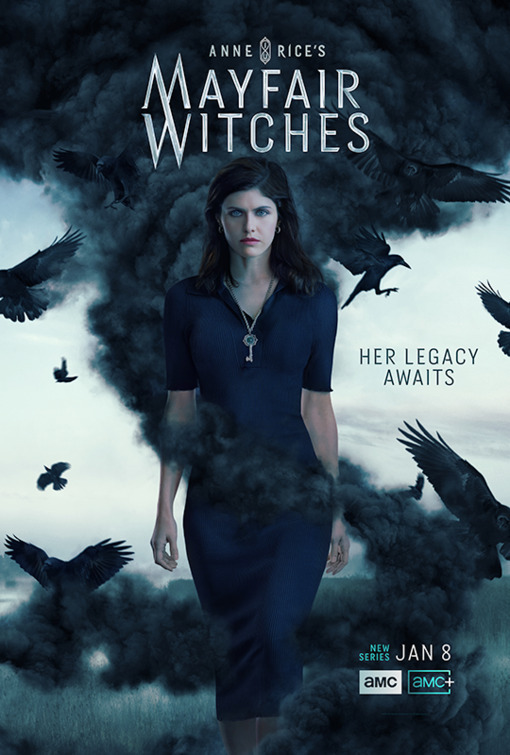
The bulk of the season then goes on to follow Rowan as she begins her descent to the goddess and encounters the literal personification of her shadow, of her animus. Progressively fulfilling stages in the alchemical process…
End of Part One
#heroines journey#alchemy#jung’s shadow#jungian archetypes#mythology#folklore#fairytales#mayfair witches#rowan mayfair#rowan x lasher#greek mythology#mythic romance#alchemical marriage#maureen murdock#anne rice#myth and legend#robert bly
16 notes
·
View notes
Text
rotating them in my mind (perc'ahlia........)
#honestly this au is very... idk if people will even like it it's very For Me#i just.... the idea of percy as the Just Some Guy in the middle of a dark fairytale aftermath is so god damn funny to me#in any other situation he would be the weirdest person in the room. in this one he is the most Regular#anna's fic notes#people hate political marriage fics i however devour them. oh we have to have an alliance?? sealed by some sort of binding oath??#sign me tf up
25 notes
·
View notes
Text
I always felt blaming Snow White the character (especially both her Disney iterations and the Brothers Grimm fairytale) for her fear in the forest is just. Unimaginably silly considering both iterations make a point of telling us she is a child. And considering what context the connotations offered to that term by the fairytale genre, plus the fact Snow White is able to marry by the end of her tale, it really sheds some light on the fact that like. for the majority of her story she’s straddling the line between child (not legally eligible for marriage) and adult (legally eligible for marriage) as defined by the traditional fairy tale genre, which makes her very young.
#there’s also a very present thread within Grimm’s version where beauty both shields and endangers a young maiden#*because* of the link it has to marriage#the huntsman will not strike her down because she is too beautiful#her stepmother feels threatened by her beauty being surpassed#and the Disney iteration specifically includes the subtext of Snow White’s beauty surpassing the queen being ALSO the thing that#enraptures the Prince - thus presenting a very present threat to her rule (note that she is a singular ruler at this time) as with#Snow White’s marriage her husband would take up position of King#plus again! all the additional context and subtext in Snow being the child of the original queen#and the stepmother having no heir of her own#and it being very common at that time for women to die in childbirth - leaving the replacement wife with the struggle of ensuring her place#(and the place of any children she bore) in the line of succession#but the only way Snow would ever approach that now in a sanctioned manner by the fairytale is through marriage#tunes titters
11 notes
·
View notes